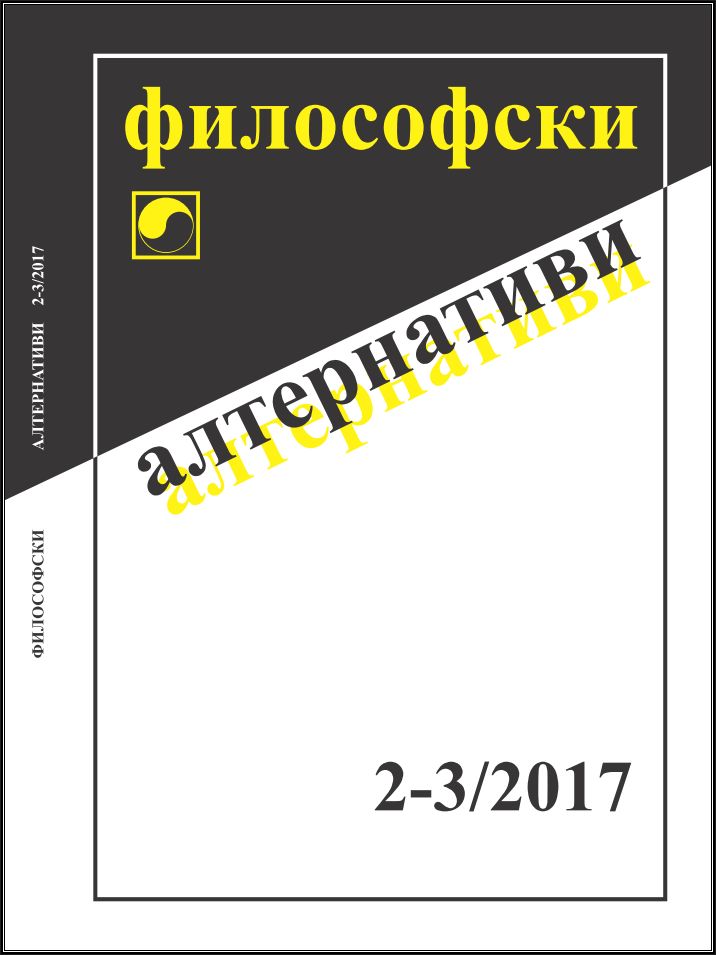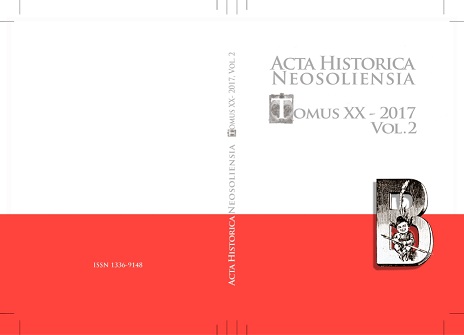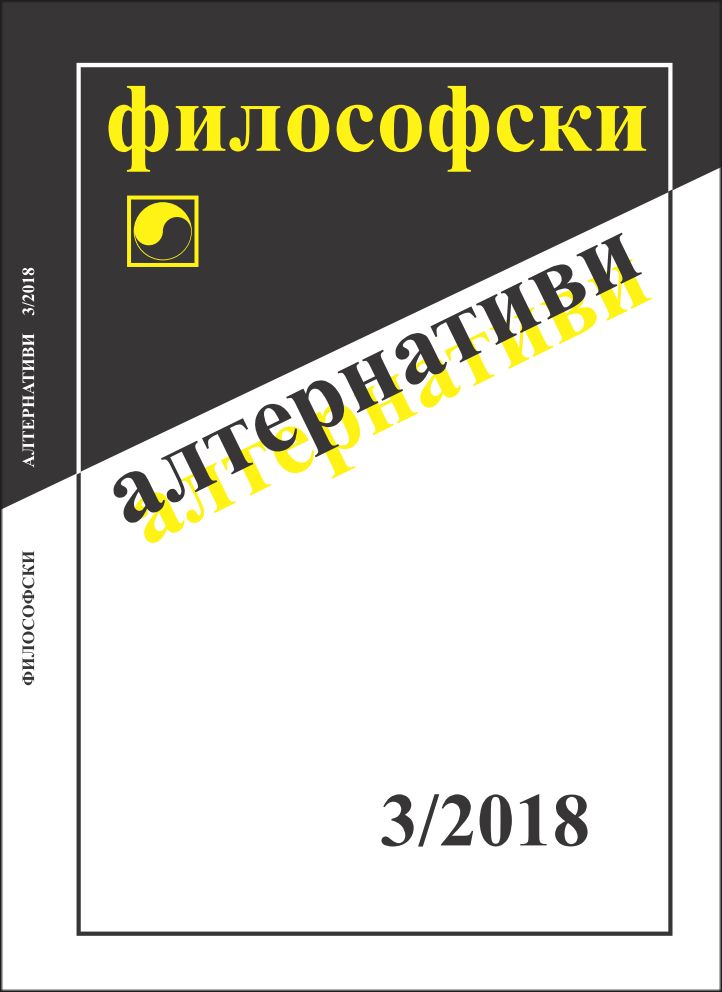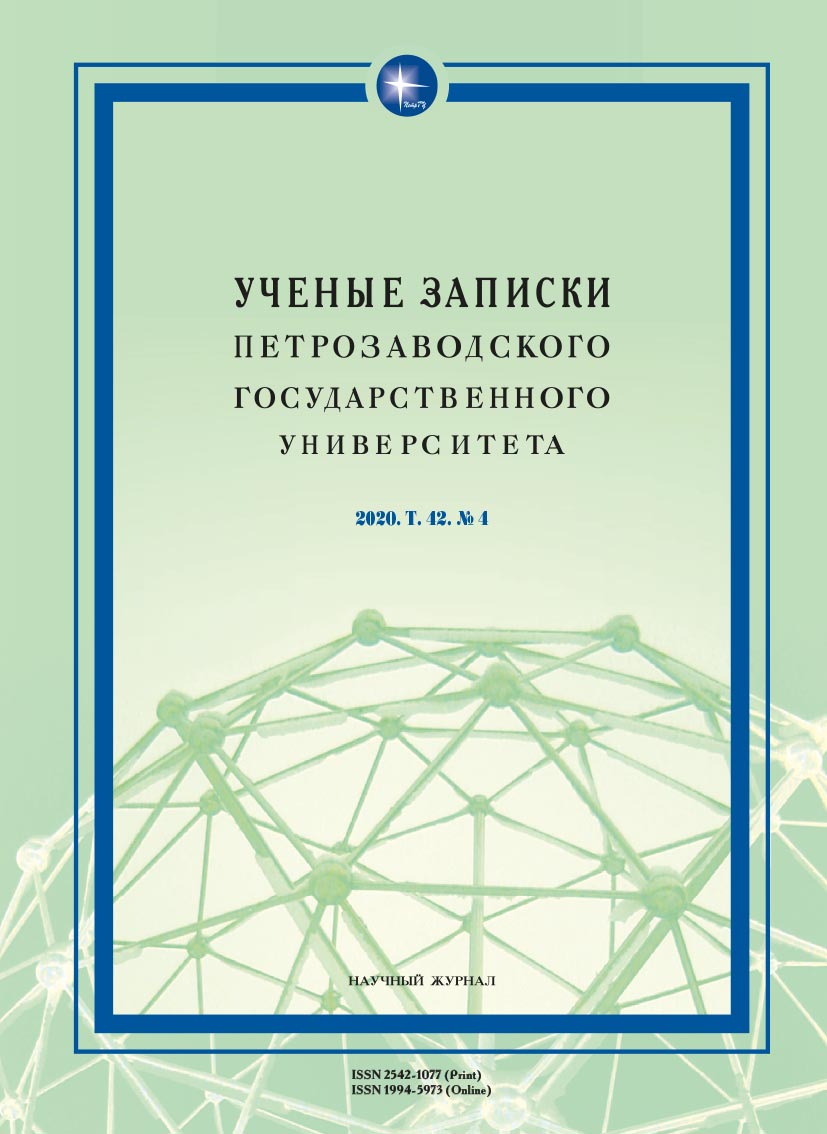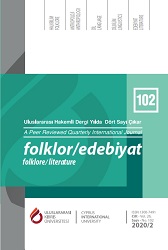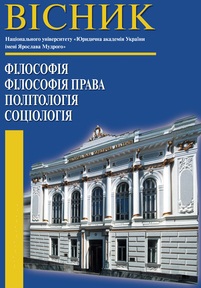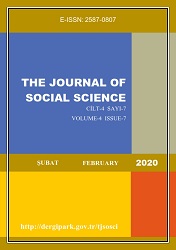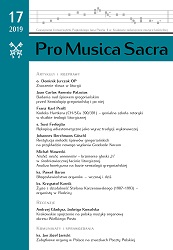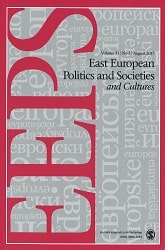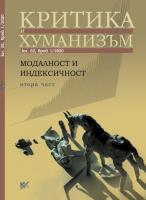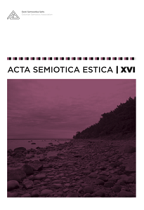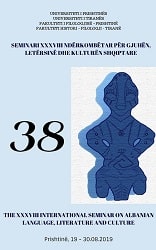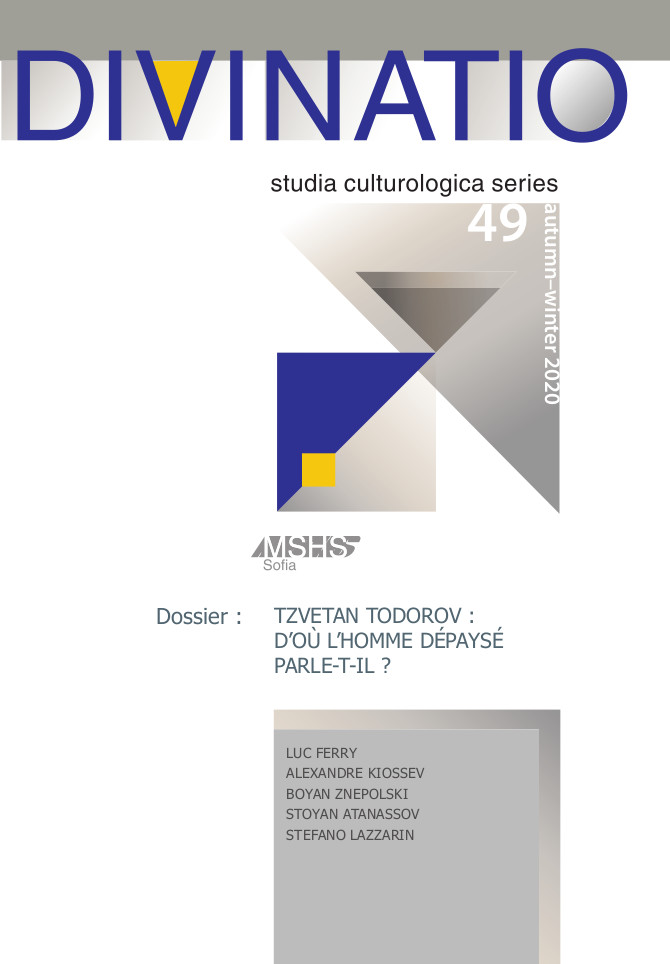Author(s): Michał Sławecki / Language(s): Polish
Issue: 17/2019
The primary objective of this research is to draw attention, by reference to the oldest manuscript sources, to the phonetics of the letter “h” in the words in which the sound occurs between two identical vowels. Medieval liturgical Latin was repeatedly the subject of various studies. With reference to the letter “h”, it was determined that it does not cause any sound, so it remains silent. There are, however, exceptions to this rule – in the words nihil and mihi, which present spelling variants of nichil and michi caused by phonetic requirements. The starting point for the research is the assumption that various manuscripts belonging to the authenticum fontium gregorianorum, each time when the letter “h” appears between two identical vowels in the word, should, due to its soundlessness, combine two syllables and assign one undivided neum to them (like this happens for example in the words tuum, meae, si iniquitatis). The same phenomenon should take place in the words nihil and mihi. The analysis based on manuscripts from various neumatic families, namely Ein, Bab1, Gal1, Gal2, Gal3, Eli, Lan, Van2, Klo1, Cha1, Lav, Dij, Ben5, Yrx, Alb, Har1–2, proves that in the presence of two identical vowels and the letters “h”, different scribes in most cases divide the word into two syllables and write two independent neums. In addition, in a large group of manuscripts from the above quoted, with great regularity, there is a two-syllable writing of the words nichil and michi with the letter “ch” in place of “h”. This phenomenon, connected both with spelling and phonetics, proves that there could exist the practice of pronouncing “ch + I” as “ki”. Conversely in the word vehementer – most of the manuscripts attribute only one neum to the two initial syllables; none of the manuscripts writes vechementer, but some give the version of the word veementer (without the “h”). Also, the case of syneresis of ve-he- occurs regularly. All cases from the Graduale Romanum repertoire in which the words nihil or nichil (6 times), mihi or michi (70 times), vehementer (6 times), vehementis and comprehendam (2 times), apprehende (2 times), apprehendite (once), irreprehensibilis (2 times), have been examined in the light of the neumatic manuscripts. Particular attention was paid to the compositional contexts of neuma torculus initio debilis. As a result of the analysis, it was proved with a very high probability that the words nihil and mihi, even if writed using the letter “h”, were pronounced like nichil and michi.
More...
